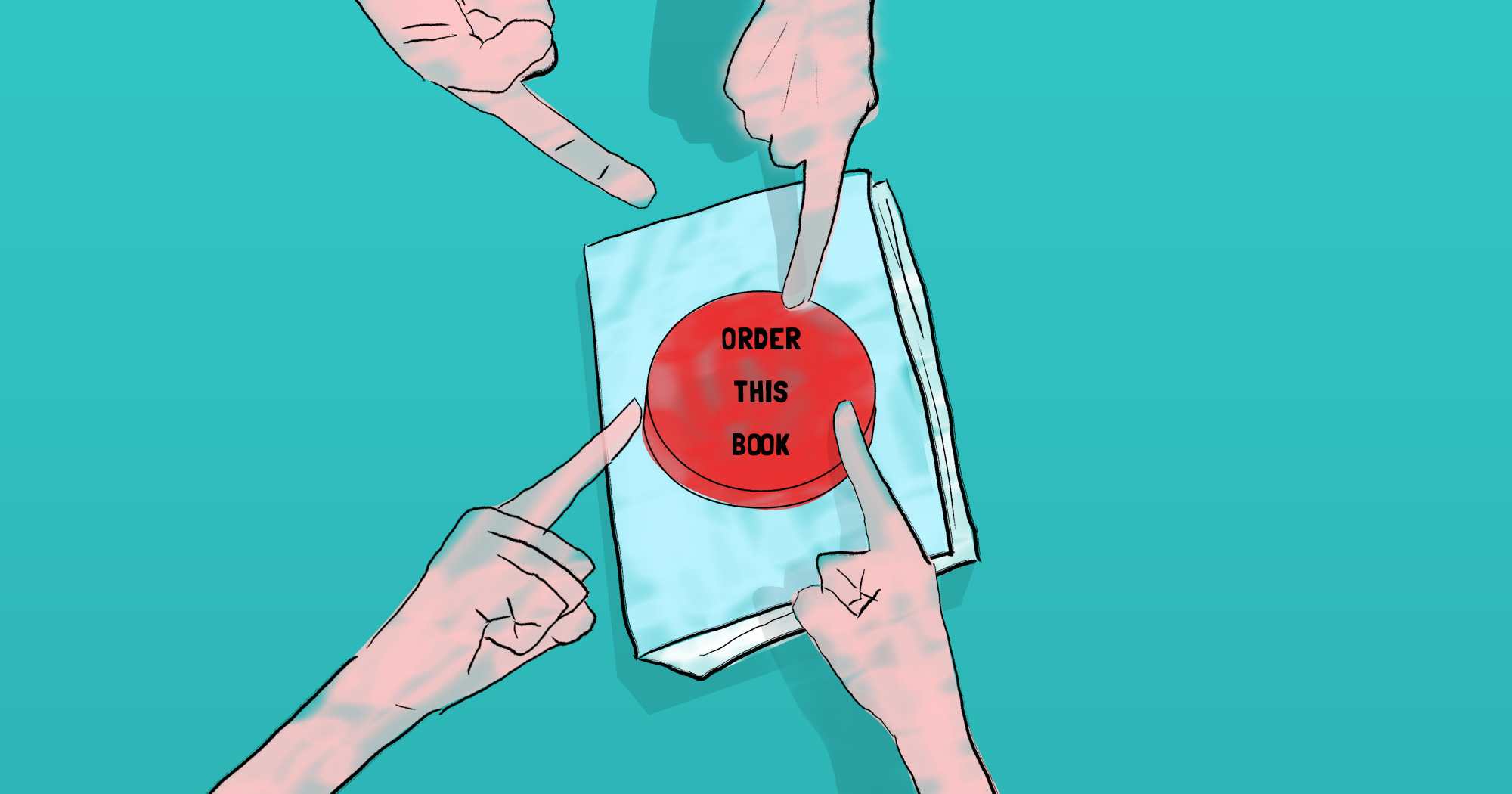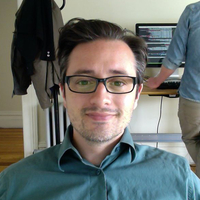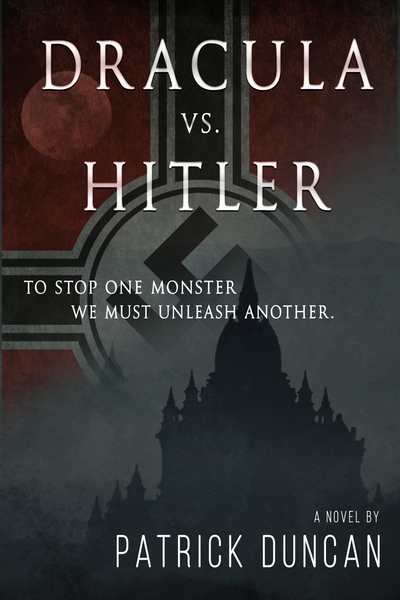Inkshares Bets on Wisdom of the Crowd

Illustration by Troy DeShano
First, admit it: no matter what business you’re in, you’re also a tech company. Butcher, baker, or candlestick-maker, there’s some element of your business that involves you adapting to changing technology. Publishing, of course, is no different. In fact, with publishing, the opportunity flows both ways. As the publishing world famously learned with Amazon, tech companies can successfully target publishing as low-hanging fruit, an entrée into a larger online market.
This is also where Inkshares Inc. steps in, with the California-based startup enabling a crowdfunding relationship between authors and readers. Got a good idea for a book? See if the crowd likes it. If enough people like it, the book gets funded and published. I’ll let Inkshares CEO Jeremy Thomas explain the rest. Warning: this interview is in two languages—publishing and tech.
How does the crowdfunding aspect of your business model work?

Jeremy Thomas: 'We are a traditional publisher with one major exception---readers decide what we publish.'
We are a traditional publisher with one major exception—readers decide what we publish. And we know that the notion of uploading all or part of a manuscript to a website where it will be subject to public scrutiny is daunting for most authors. So, we ask them to start with a twenty-word idea instead. This helps authors validate whether or not their core idea resonates with readers as ideas generate a following on Inkshares.
Once an author feels good about the following for his idea, he converts it into a “draft,” where he shares part of his book. His existing followers can now read part of the book, share snippets on Twitter or Facebook, and refer other readers. The author’s following continues to build, and he gets feedback.
With a firm readership established, authors will then put their “draft” into pre-order mode. This is where the mechanics of crowdfunding kicks in. Inkshares asks the author a series of questions (e.g. paperback or hardcover? how many pages?), and sets the pre-order price. From this point, part of the author’s existing following will kick in and pre-order a copy. And we built a sales management pipeline into Inkshares that makes it easy for an author to reach out to his existing network.
Between 20 percent and 60 percent of a book’s pre-orders will come from strangers. The rest come from people the author is connected to. We publish every book that reaches its pre-order goal.
Tell me about the “hard science fiction” contest sponsored by Inkshares, where you help check for scientific accuracy. Was it inspired by the originally self-published The Martian?
Inkshares has close partnerships with Hollywood-based companies. The Martian has made hard science a hot meme down in LA, and as many movies are created from books, we thought we’d partner with Geek & Sundry to source great hard-science stories.
We’ve also partnered with The Science and Entertainment Exchange to work on a number of hard-science books we publish to verify scientific accuracy.
Indie bookstores and indie publishers don’t always see eye to eye since it’s often safer for small stores to sell only Big 5 bestsellers. Do Inkshare’s indie imprints help bridge the gap?
About 45 percent of our sales is booked by indie bookstores. Amazon comprises 40 percent, with Barnes & Noble taking the remaining 15%. Indies seem to love that we’re offering new authors a non-Amazon-based publishing solution, and we’ve heard that anti-Amazon sentiment is helping to drive some purchasing decisions.
We’ve also partnered with Indie bookstores to co-publish books with them. Papercuts J.P., an indie in Boston, is publishing a book with us. Ada’s and Tubby & Coo’s have setup nascent collections (imprints) on Inkshares.
Last, we’ve been successful procuring press for most of our titles. And that referenceability has also helped influence buyers toward a positive purchasing decision.
You’ve worked with a traditional publisher (McGraw Hill). How is what you’re doing fundamentally different from traditional publishing?
The only difference between Inkshares and a traditional publisher is that we’re building a marketplace that provides early market validation for all books we publish, and that said marketplace allows us to sell published books direct to consumer AND booksellers.
But any author who reaches his pre-order goal will tell you our production process, which comprises developmental editing, copy editing, proof reading, internal design, cover design, offset printing, marketing, and full-scale distribution, feels exactly like it does at a traditional house.
Your team comes from a range of backgrounds from finance to computer software development. Are you a tech company, a publishing company or both?
I co-authored a book, but I’ve spent my entire career developing software or managing software developers. We are a tech company first, and a book publisher second. This is important as it means we’ll always seek to use technology to drive efficiencies into book publishing and distribution. We’re doing it now by creating a marketplace. We may do it in the future by forging new standards in Internet-based direct-to-consumer sales.
Name some soon-to-be-released books you’re particularly excited about.

Dracula v. Hitler. I mean, who wouldn’t want to read about Dracula drinking Nazi blood? I’d also really like to see Jaye Milius’s Terminus reach its goal. His story really gripped me when I first read it on Inkshares. It’s about the near future where technology has been developed that allows the living to commune with the dead. He does a great job contemplating the details of how said technology would impact life in a beautiful way.
In what form will books be read fifty years from now?
There will still be paper books. But most of the industry will shift to electronic format. But what I’d love to see is a Matrix-esque system that pushes an entire novel into the brain within a matter of seconds (conjure Keanu saying “I know Kung Fu.”). Such a system would have a dramatic impact on how humans acquire and retain knowledge.

Howard Lovy is executive editor at Foreword Reviews. You can follow him on Twitter @Howard_Lovy
Howard Lovy
